The programme can be most useful for those who are motivated to work on themselves internally. This means being willing to do self-exploration, to learn techniques and methods to take into account and manage their inner impulses more successfully, and then to transfer what they have learned to the social environment - learning to express themselves in the company of others, engaging in relationships. This process can be challenging, but it is very rewarding and in the long run can create space for more meaningful living.
-
Visit Our Place
91-6 Čaka Street, Riga
-
Tr. - Ce. 9:00 - 18:00
- Request a visit
Skaties video un atklāj, kādi psiholoģiskie mehānismi ir iekšēji piepildītas dzīves pamatā! Izvērtē savu iekšējo stāvokli un uzzini, ar ko sākt, lai spētu apzināti ieviest savā dzīvē vēlamās pārmaiņas!
Periodā no 12. februāra līdz 4. martam, piedalies četrās online in group lessons (1.5 h katra), un saņem methods and techniques proven in practice, kas veicina saskaņotas un stabilas sevis izjūtas veidošanos.
➔ 12 February 17:00
Theme and practice: Aquestioning as part of the process of forming a clear identity and sense of self, and emotional signals in the recognition of a personal meaning system
➔ 19 February 17:00
Theme and practice: Building a personal meaning system
➔ 26 February 17:00
Theme and practice: Strengthening identity and sense of self in everyday life through awareness of needs and setting psychologically healthy boundaries
➔ 4 March 17:00
Theme and practice: Strengthening identity and sense of self in everyday life through the ability to manage internal tensions and the development of communication skills
*Nrecordings of the sessions will be available for viewing at your convenience.
➔ Katru nedēļu Tev būs pieejams jauns sevis izziņas materiāls (online lekcija), kurā es dalīšos ar savām zināšanām, kas palīdzēs Tavā ceļā uz apzinātas dzīves veidošanu!
➔ Katru nedēļu Tu uzzināsi praksē pārbaudītas metodes un tehnikas, kuras varēsi integrēt savā ikdienā, un kuru pakāpeniska ieviešana dzīvē Tevi vedīs arvien tuvāk Tev vēlamajām pārmaiņām!
➔ Katru dienu Tev būs pieejama atbalsta grupa Telegram, kurā varēsi dalīties pieredzē ar citiem dalībniekiem un saņemt no manis atbildes uz sev interesējošajiem jautājumiem!
➔ Katru dienu Tev būs iespēja augt savā iekšējā pārliecībā par sevi, un savā ticībā tam, ka spēj pašrealizēt sevi pasaulē, saskaņā ar savu autentisko dabu!
Iegādājoties šo programmu, saņemsi piekļuvi arī materiāliem "Maturity of identity and sense of self: a prerequisite for a psychologically healthy spirituality".
Access Programmes
materials.
ABOUT THE PROGRAMME
A four-week educational and practical course

-
What are the signs of a stable sense of identity and self, and what inner state development is fostered in the participants during this programme?
People who have developed a clear sense of identity and self:
- are more self-reliant, have higher self-esteem, more adequate self-concept, a greater view of their own potential, self-efficacy and self-worth;
- mostly know what they want and don't want in life, set high but realistic short- and long-term goals
- manage stressful situations more effectively and use more effective coping strategies
- have more mature judgement and a greater ability to make decisions that are appropriate to the situation;
- experience more harmony and satisfaction in their relationships with other people;
- living a life more in line with their authentic nature. -
What are the signs of a lack of stability of identity and sense of self, and what difficulties can be alleviated during this programme?
In case of ambiguity or confusion about identity and sense of self:
- no clear answer to the question "who am I?", characterised by self-doubt and doubt about how they want to live their lives;
- have lower self-esteem and a diffused self-image
- may have difficulty managing emotions (e.g. sudden outbursts of anger, rapid withdrawal in response to external stressful situations, etc.)
- can be characterised by feelings of hopelessness, aimlessness, inferiority, passivity and suffering, which hinder growth;
- it is harder to build a life full of well-being, including raising their level of well-being;
- may have difficulty making decisions (e.g. looking to other people for confirmation that their actions are right);
- it's hard to "be yourself" (live an authentic life).
Access Programmes
materials.
ABOUT THE PROGRAMME
Who and in what situations can this course be useful?
The need to focus on strengthening identity and sense of self is demonstrated by the variety of reactions in simple everyday situations (see examples opposite). Difficulties are often seen in people's emotional reactions to external events.

-
Difficulties in making changes in your life (e.g. new habits).
Often, people with a confused identity and sense of self want change in their lives and even try to make it happen, but are unsuccessful. This results in self-criticism, self-condemnation, a sense of disappointment in themselves and a puzzled "why can't I?" and "why can't I do it?"
-
It is difficult to make decisions independently (both mundane and big decisions).
People with an ambiguous identity and sense of self rely more on the opinions of others and authority figures than they trust themselves and their own feelings about what would be the right and more appropriate solution in a given situation. Sometimes lacking the courage not to consult someone else (e.g. a friend) even before making small decisions. The need to make big decisions in turn creates tension.
-
Goals are quickly abandoned or are not satisfying to achieve.
People with a vague identity and sense of self find it difficult to achieve their goals, and tend to give up at the first sign of difficulty. Often, a person is passionate about an idea, but is unable to see it through. Similarly, people with a vague identity and sense of self focus too much on setting socially desirable goals (e.g. buying a new car, being in a partnership, getting a sought-after education, working in a prestigious job, etc.) without aligning these goals with their personal value system. As a result, the goals achieved often do not provide the sense of fulfilment that the person wanted to experience.
-
Interests change regularly and it's hard to focus on something you're really passionate about.
People with a vague identity and sense of self find it difficult to focus on one thing for long. Interests change independently, fragmentation and chaotic thinking about self-actualisation are experienced. It is difficult to know where to focus one's attention in life and how to express oneself professionally in society.
-
Relationships with people are superficial and not sustained (partnerships, friendships, etc.).
People with a vague identity and sense of self find it difficult to build long-term relationships. These people are often happy to engage in short-term communication, but when the relationship becomes deeper (e.g. when situations arise where they have to experience intense feelings or reveal their own), they break off or gradually become alienated.
-
There are big emotional highs and lows, and emotions can be overwhelming.
People with an ambiguous identity and sense of self lose their emotional equilibrium relatively easily in the face of sudden external shocks. Sometimes emotions can be so overwhelming that it becomes difficult to focus on everyday things (e.g. work responsibilities). So-called "emotional pits" are experienced.
-
Difficulties with conflict and saying "no".
People with an unclear identity and sense of self may avoid conflict or be overly aggressive in imposing their views on others. This usually leads to difficulties in relationships. It is relatively difficult to see oneself as an equal in a relationship. There is either a desire to dominate the other, as this creates a sense of control (and therefore security) in the situation, or there is a tendency to over-accommodate others. There may also be an inherent difficulty in saying 'no' to the other, even in situations where it is necessary to do so in order to protect one's personal boundaries (e.g. refusing to take on extra work responsibilities at the workplace to avoid burnout).
-
Lack of faith in yourself, in your own strength.
People with an unclear identity and sense of self often feel inferior. Other people's achievements can be perceived as superior, and there is a tendency to constantly compare oneself to someone else. Self-confidence can also manifest itself as anxiety at times when one has to express one's true thoughts out loud. Similarly, a lot of energy can be spent fantasising about what others will think. All of this leads to a lack of self-esteem and low self-worth.
-
A protest against the system in which one lives.
Sometimes people with an ambiguous identity and sense of self feel anger to protest against external circumstances. The existing order is experienced as a restrictive system in which he is forced to live his life. This may be expressed as a tendency to question the system and a desire to escape from it, to break free from obligations and responsibilities that are experienced as oppressive.
Access Programmes
materials.
Access programme materials
For new users
To purchase access to the programme materials, please register with a username and password and pay (€ 55,00)! Then go to Courses (Courses)!
For registered users
If you have previously registered on this learning platform but have not purchased access to this particular programme, please log in first, then click BUY below and make your payment! After payment, the materials will be available in Courses (Courses).
To access pre-purchased programme materials, please log in to the learning platform and go to Courses (Courses)!

Recommend this page to others!
Get 20% commission on every purchase!
Patiesi novērtēju katru, kurš iesaka manis veidoto saturu citiem, tādējādi palīdzot zināšanām un prasmēm izplatīties. Kā pateicību par manis veidotā satura rekomendēšanu tiem, kuriem, jūsuprāt, tas būtu noderīgs, piedāvāju saņemt taisnīgu atlīdzību.
Lai izmantotu šo iespēju, spiediet uz pogas zemāk un reģistrējieties! Pēc reģistrācijas saņemsiet URL saiti. Nosūtiet to cilvēkiem, kuriem varētu interesēt manis veidotais saturs! Jūs saņemsiet 20% no katra pirkuma, kas manā mājas lapā tiks veikts caur jūsu saiti.
What are your wishes?
The content of this website may only be quoted, reproduced, republished and otherwise distributed in accordance with applicable copyright laws. For commercial use of the content, please contact and obtain permission.

